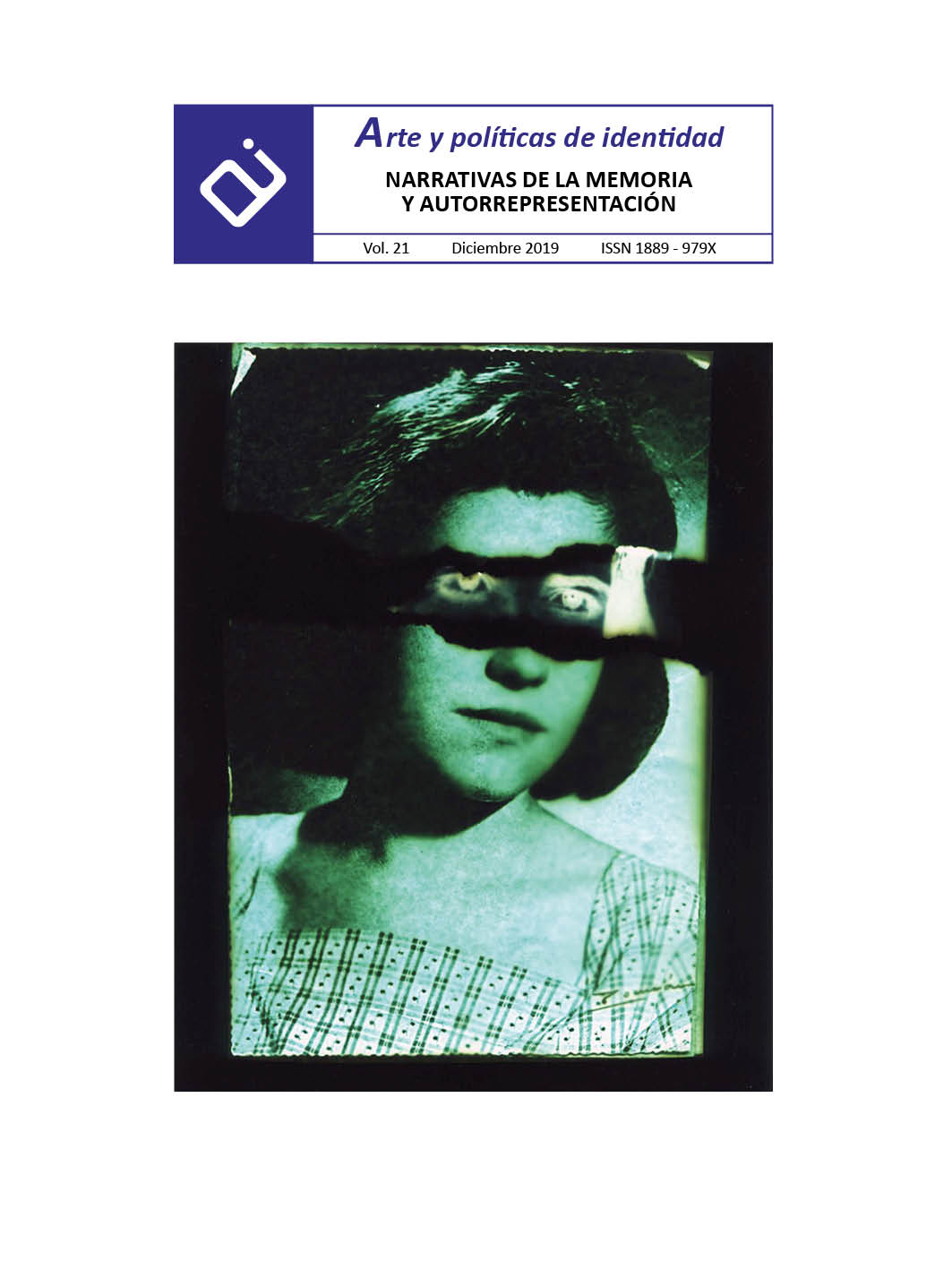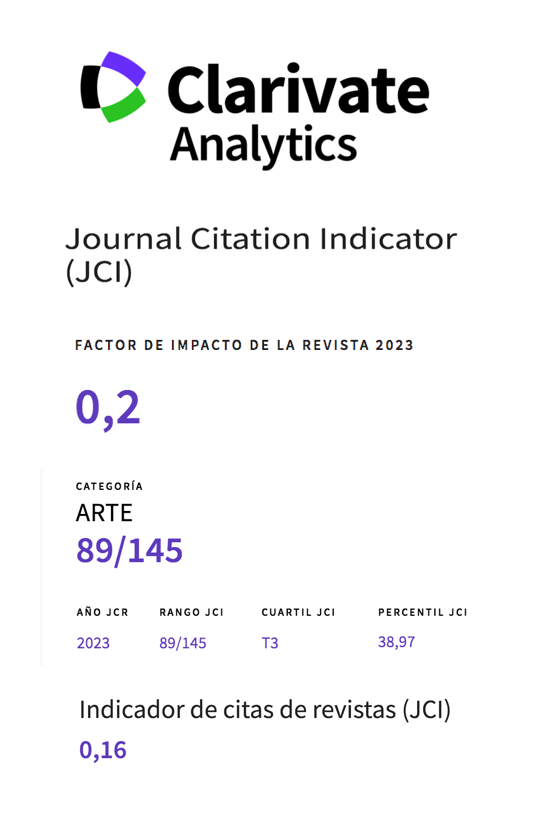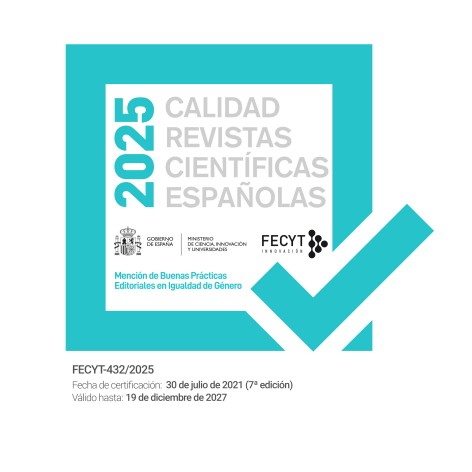Mujeres Creando. Care as an ecological re-existence maneuver.
Abstract
This paper takes shape in the current socio-environmental context produced by the neoliberal hegemonic civilizational model, whose renewed extractivism perseveres in the dispossession and commodification of human and non-human life, subjecting social, economic, ecological and political relations to the logic of the more voracious capitalism. In the distribution of neoliberal restructuring, the tasks of caring for women throughout the planet have been essential, since they constitute one of the fundamental dimensions of the sustainability of life, that is, of social and ecosystemic reproduction.
In spite of this, these tasks have been ignored and excluded by the patriarchal, colonial and capitalist system through the invisibility of both the subjects that carry them out, and the ecological interrelationship and interdependence that characterize our relationship with the world. From this diagnosis, the Bolivian collective Mujeres Creando maneuvers a decolonial visuality, that comes from an always updated ancestral memory, through different artistic and cultural practices that restore care in the center.
Both to face the neo-extractive system that is presented as the panacea of development and modernization in the countries of the South, and for the claim and achievement of a series ofhuman rights and citizenship.
Downloads
-
Abstract655
-
PDF (Español (España))874
References
Albán, A. (2013). Más allá de la razón hay un mundo de colores. Modernidades, colonialidades y re-existencia. Santiago de Cuba: Editorial Oriente.
Albán, A. (2010). Comida y colonialidad. Tensiones entre el proyecto hegemónico moderno y las memorias del paladar, Calle 14, 4(5), 10-23. Recuperado de http://revistas.udistrital.edu.co/ojs/index.php/c14/article/view/1200/1586
Castro-Gómez, S. (2010 [2005]). La hybris del punto cero: ciencia, raza e ilustración en la Nueva Granada (1750-1816). Bogotá: Pontificia Universidad Javeriana.
Derrida, J. (2000). Dar la muerte. Barcelona: Paidós.
Escobar, A. (2003). Mundos y conocimientos de otro modo. El programa de investigación de modernidad/colonialidad latinoamericano, Tabula Rasa, 1, 51-56. Recuperado de http://www.revistatabularasa.org/numero-1/escobar.pdf
Escobar, A. (2010 [2008]). Territorios de la diferencia. Lugar, movimientos, vías, redes. Popoyán: Envión. Recuperado de http://www.ram-wan.net/restrepo/documentos/Territorios.pdf
Escobar, A. y Harcourt, W. (2005). Las prácticas de la diferencia. En: Escobar, A. y Harcourt, W. (eds.) Las mujeres y las políticas del lugar. México D.F.: PUEG-UNAM.
Galindo, M. (2005). La virgen de los deseos. Buenos Aires: Tinta Limón.
Galindo, M. y Paredes, J. (1999). Grafiteadas. La Paz: Mujeres Creando.
González Casanova, P. (2003). Colonialismo interno (una redefinición). Revista Rebeldía, 12. Recuperado de http://www.revistarebeldia.org/revistas/012/art06.html
Guzmán, A. y Paredes, J. (2014). El tejido de la rebeldía. ¿Qué es el feminismo comunitario? Bases para la Despatriarcalización. La Paz: Mujeres Creando Comunidad.
Martín-Barbero, J. (2001). Transformaciones comunicativas y tecnologías de lo público, Metapolítica, 5(17), 46-55. Recuperado de https://es.scribd.com/doc/7405406/Transformaciones-tecnologicas-y-comunicativas-de-lo-publico
Martínez, R. et al. (2018). Cuidado, comunidad y común. Extracciones, apropiaciones y sostenimiento de la vida. Madrid: Traficantes de sueños.
Mirzoeff, N. (2011). The Right to Look. Chicago: The University of Chicago Press.
Paredes, J. (2013). Disidencia y feminismo comunitario. Emisférica, 10(2). Recuperado de https://hemisphericinstitute.org/en/emisferica-102/10-2-dossier/disidencia-y-feminismo-comunita-rio.html
Paredes, J. (2014 [2008]). Hilando fino. La Paz: Comunidad Mujeres Creando Comunidad.
Precarias a la deriva (2005). Una huelga de mucho cuidado, Transversal. Recuperado de http://eipcp.net/transversal/0704/precarias2/es
Rey, G. (2003). Ver desde la ciudadanía. Observatorios y veedurías de medios de comunicación en América Latina, Centro de competencia en Comunicación para América Latina. Recuperado de http://library.fes.de/pdf-files/bueros/kolumbien/04198.pdf
Rivera, S. (2010). Violencias (re) encubiertas en Bolivia. La Paz: Piedra rota.
Sandoval, C. (2000). Metodology of Opressed. Minneapolis / London: Theory out of bounds.
Sandoval, C. (2004 [1995]). Nuevas ciencias. Feminismo cyborg y metodología de los oprimidos”. En: Otras inapropiables. Feminismos desde las fronteras. Madrid: Traficantes de sueños.
Santos, B. (2006). Conocer desde el Sur. Para una cultura política empancipatoria. Lima: UNMSM/Programa de Estudios sobre Democracia y Transformación Global.
Taylor, D. (2011). Introducción, Performance, teoría y práctica. En: Fuentes, M. & Taylor, S. (eds.). Estudios avanzados de performance. México D.F.: Fondo de Cultura Económica.
Works published in this journal are subject to the following terms:
- The Service of Publications from the University of Murcia (publishing house) keeps the published works’ copyrights, and favors and allows the reuse of these works under the license indicated in point 2.
- Works are published in the journal’s online edition under the license Creative Commons Reconocimiento-NoComercial-SinObraDerivada 3.0 España(texto legal). They can be copied, used, disseminated, transmitted and publicly exhibited, as long as: i) the author and original source of publication are cited (journal, publishing house and work’s URL); ii) they are not used for commercial purposes; iii) the existence and specifications of this license are mentioned.
3. Conditions for auto-file. It is allowed and encouraged that authors share electronically their pre-print version (the pre-reviewed version) and /or post-print version (the reviewed and accepted version) of their Works before the publication, since it promotes its circulation and dissemination. RoMEO color: green.










